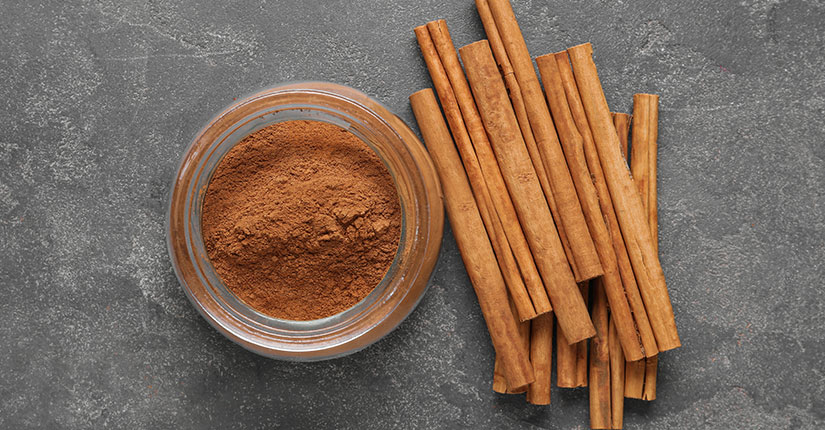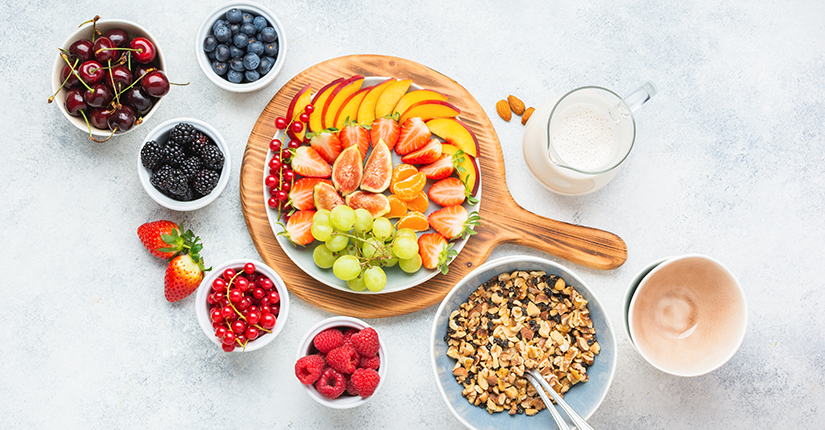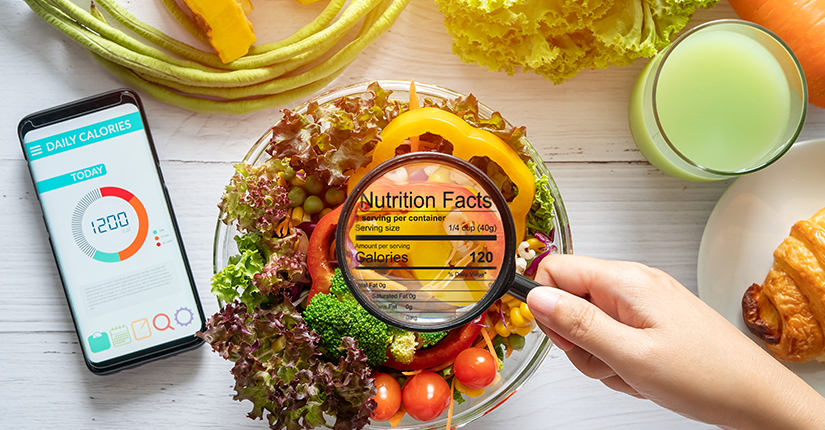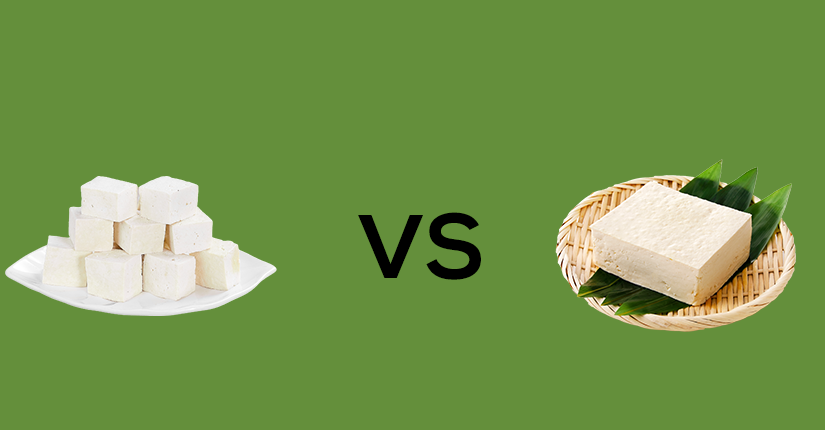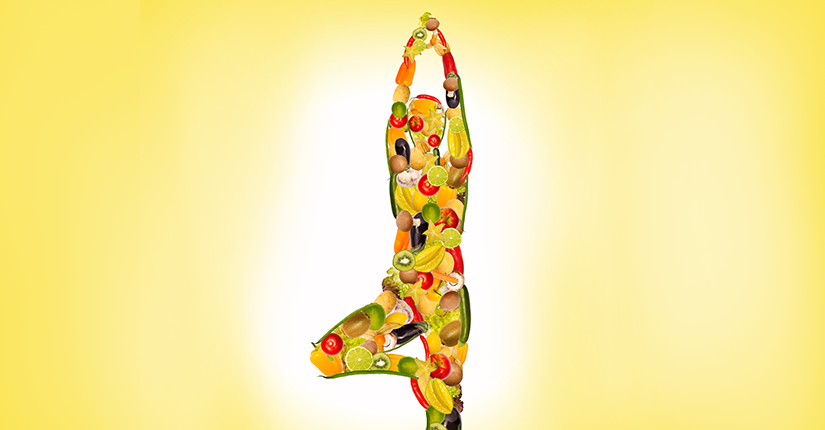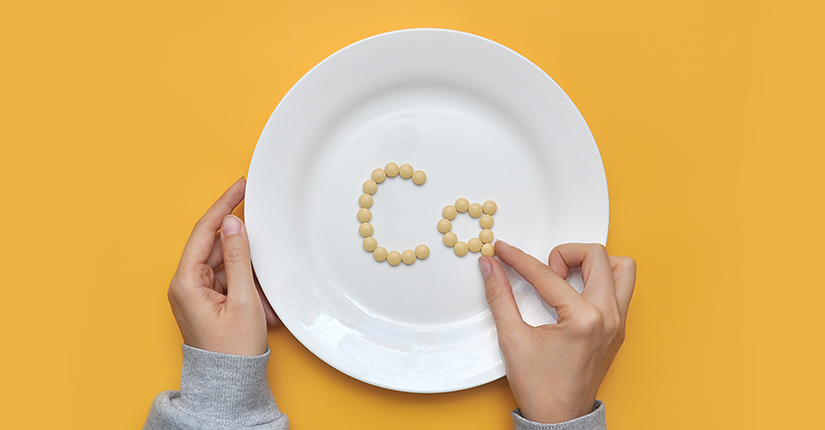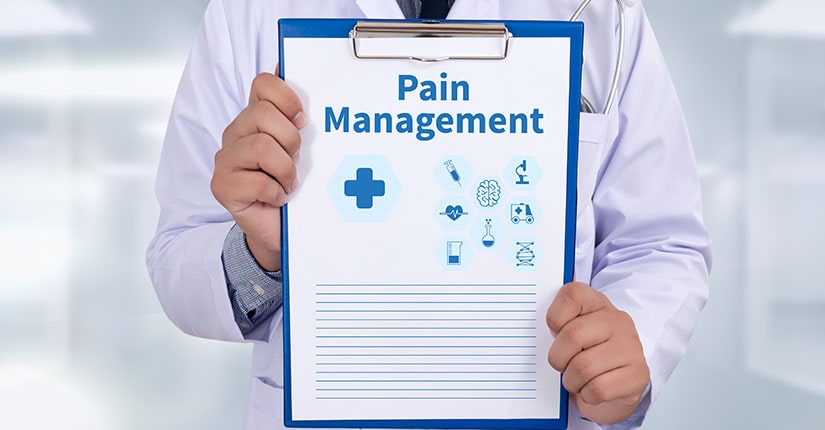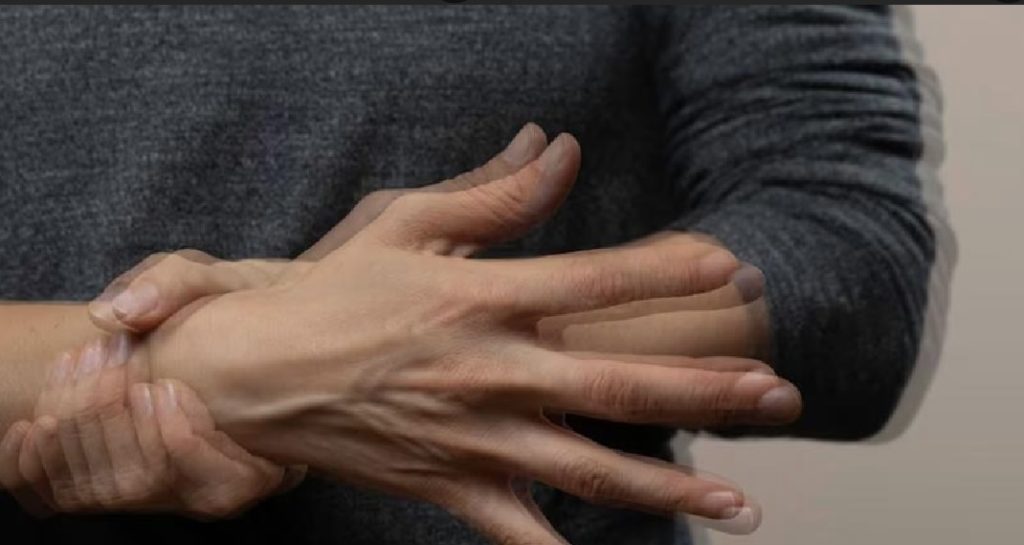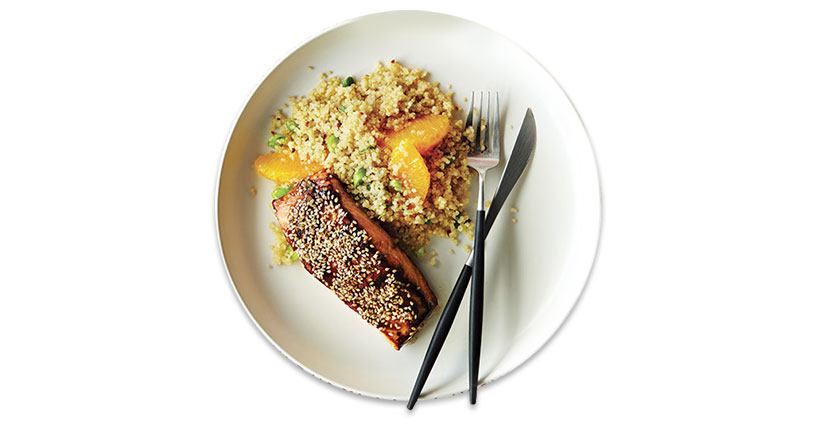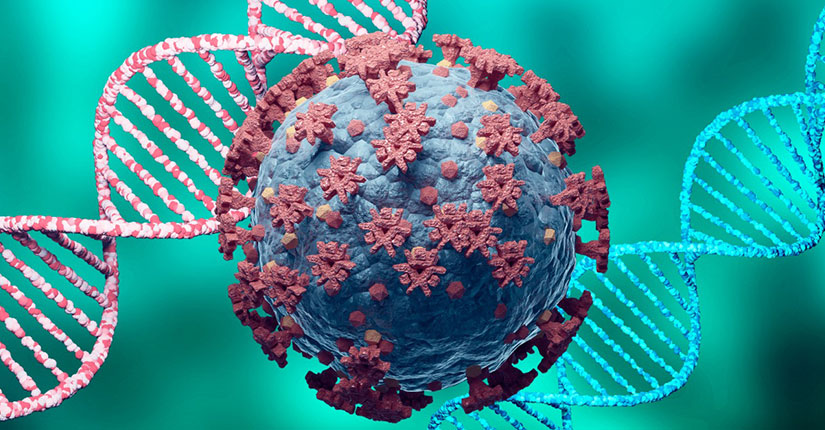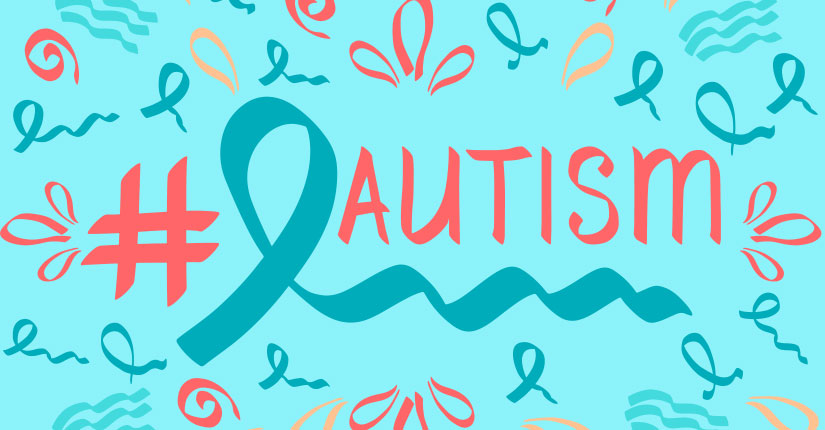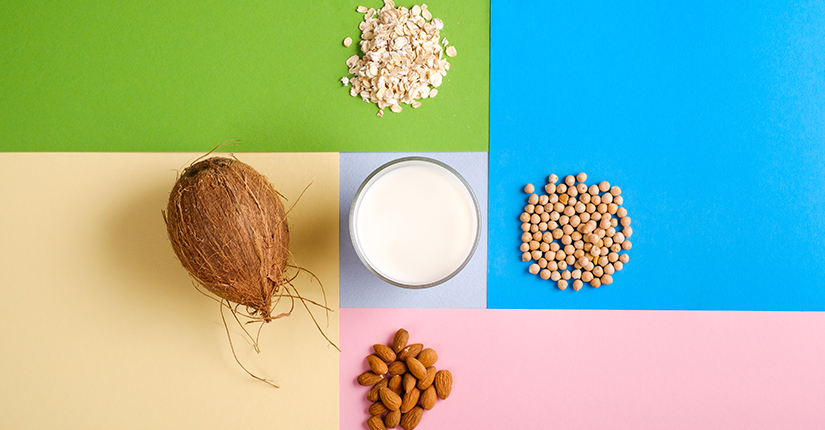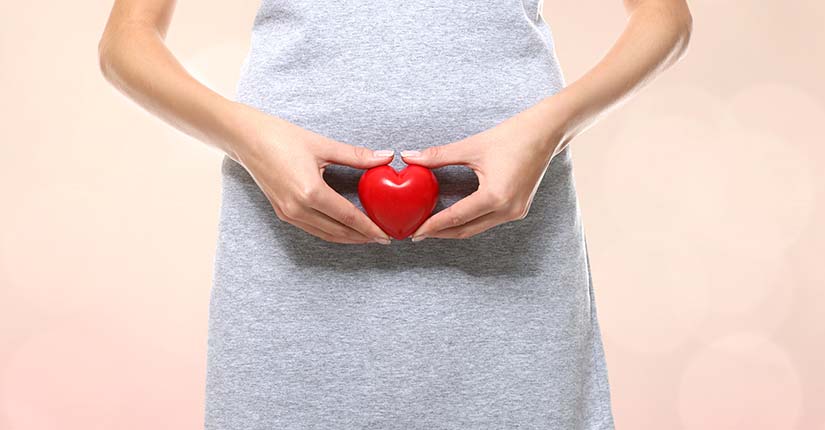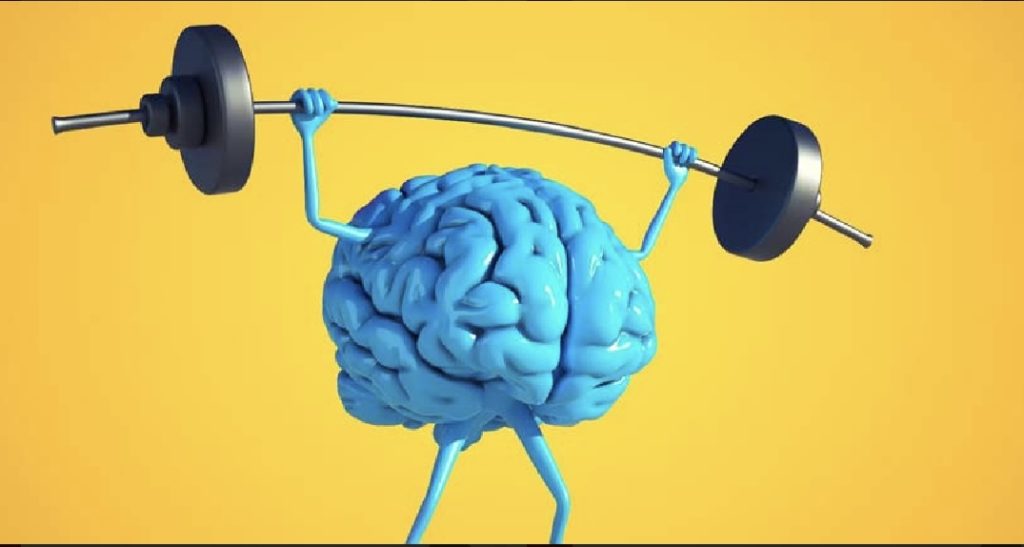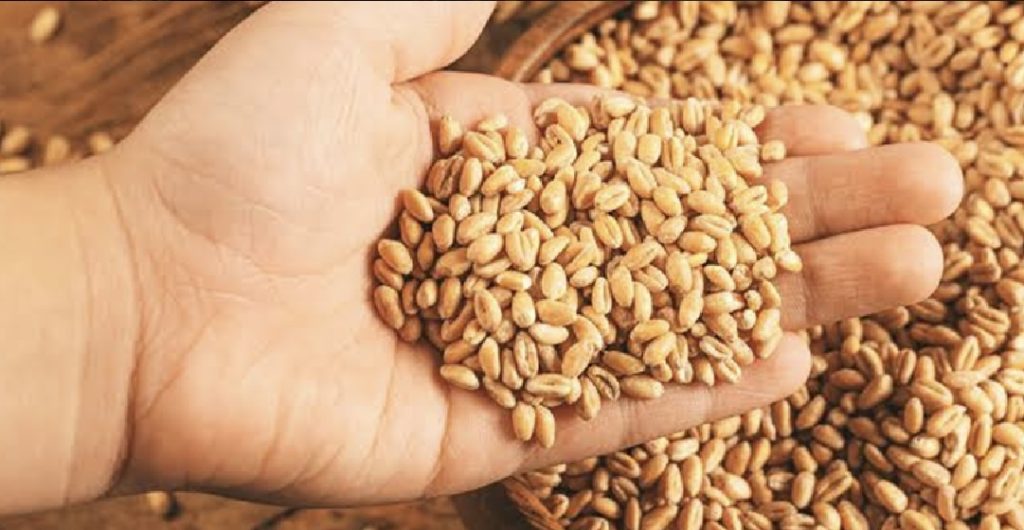World AIDS Day
By Nmami Agarwal 01-Dec 2020 Reading Time: 5 Mins
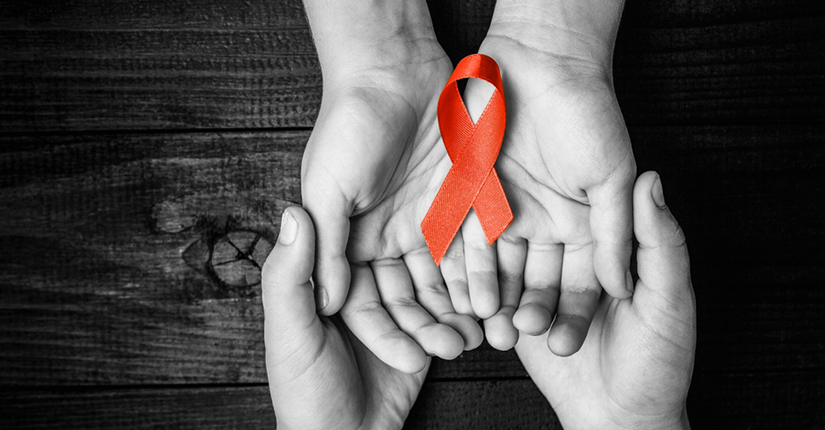
Human immunodeficiency virus classically known as HIV is a virus that attacks the body’s immune system, which can further lead to AIDS (acquired immunodeficiency syndrome) if not treated.
Every year on December 1, it is celebrated as World’s Aids Day. Each year, the day is dedicated to raise awareness, educate and improve the understanding of HIV as a global public health problem. It lay out people around the world a chance to unite in the fight against HIV, show support for those living with HIV and to commemorate those who have died from AIDS-related illnesses.
This outbreak has had a devastating impact on health, nutrition, food security and overall socioeconomic development in countries that have been greatly affected by the disease. An acute need for renewed focus on and use of resources for nutrition as a fundamental part of the comprehensive package of care at the country level.
For people living with HIV/AIDS, good nutrition plays a part for living well. There are many reasons to eat healthy foods. Focusing on a well-balanced diet can help you reach a healthy weight, strengthen the immune system, prevent infection and reduce hospital stays. It also helps the body build and keep muscle, allows medications to work better and enables one to handle the side effects of medications.
Well, Nutrition and HIV are strongly related to each other: So, nutrition education at this early stage result helps to maintain the health and quality of life for people suffering from HIV/AIDS:
- Caloric Requirement: The Asymptomatic HIV-positive individuals require 10% more energy, and symptomatic HIV-positive individuals require 20%- 30% more energy than HIV-negative individuals of the same age, sex, and physical activity level.
- Protein: Protein helps build muscles, organs, and a strong immune system. To get enough protein: Aim for 100-150 grams a day, if you are an HIV-positive man and aim for 80-100 grams a day, if you are an HIV-positive woman.
- Carbohydrates: Carbohydrates give you energy. To get enough of the right types of carbohydrates: Eat five to six servings (about 3 cups) of fruits and vegetables, choose legumes and whole grains, and limit simple sugars.
- Fats: Fat provides extra energy. To get enough of the right kinds of fat: 30% of your daily calories from fat, 10% or more of your daily calories from monounsaturated fats, less than 10% of your daily calories from polyunsaturated fats, less than 7% of your daily calories from saturated fats.
- Vitamin & Minerals: People who are HIV-positive need extra vitamins and minerals to help repair and heal damaged cells. Eat foods high in these vitamins and minerals, which can help boost your immune system: such as
- Vitamin A: dark green, yellow, orange, or red vegetables and fruit; milk ;eggs,
- vitamin B: nuts, fish, chicken, grains, meat, white beans, avocados, broccoli, and green leafy vegetables, Vitamin C: citrus fruits,
- Vitamin E: green leafy vegetables, peanuts, and vegetable oils.
Nutritional support and care promote well-being, self-esteem and a positive attitude to life for people and their families living with HIV/AIDS. A healthy and balanced nutrition should be one of the goals of counselling and care for people at all stages of HIV infection
Over to you:
To conclude, a healthy diet is especially important if the person is infected with HIV. Although, food cannot cure HIV infection, or treat the virus, but it can certainly improve fitness and quality of life.

